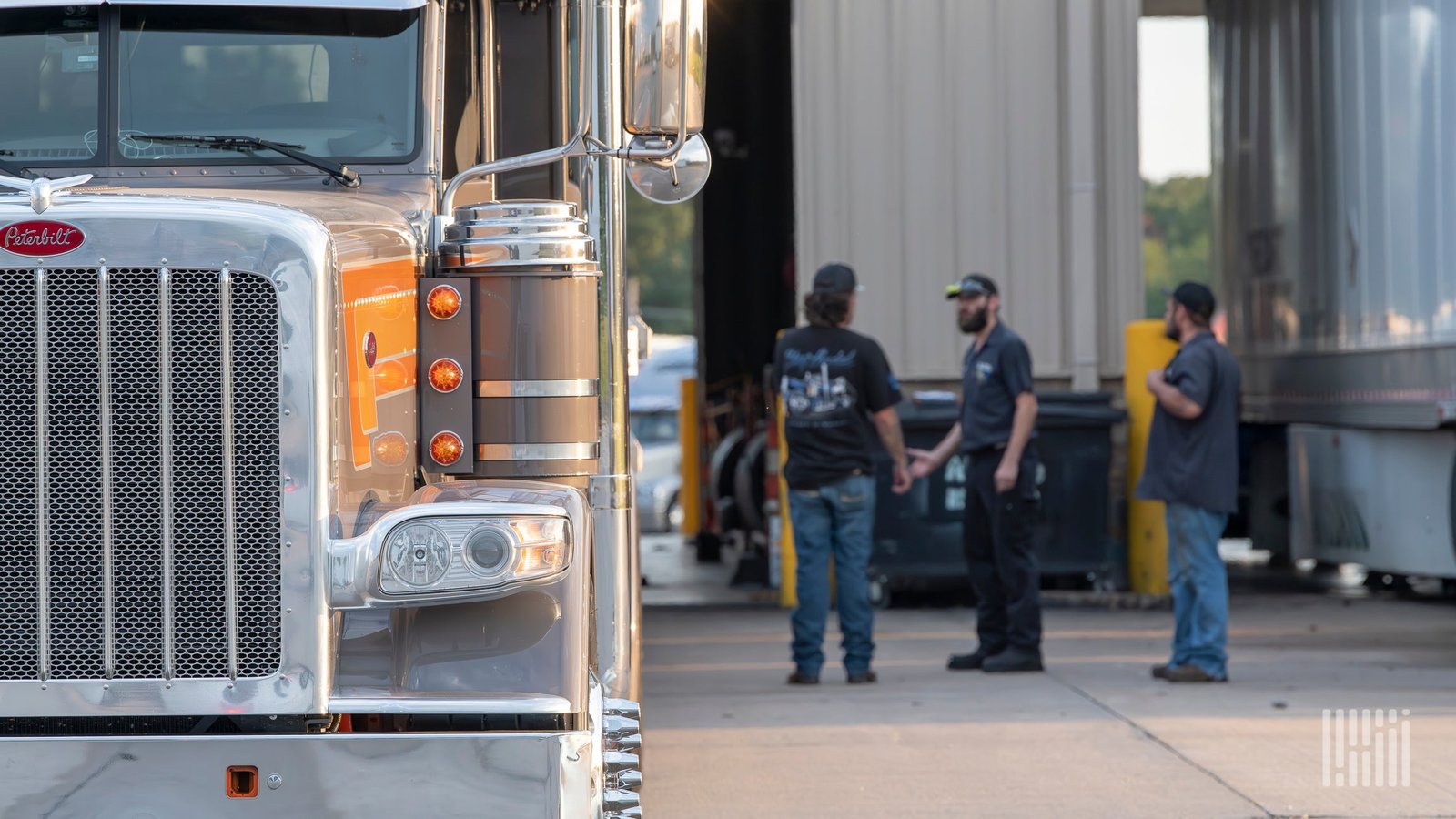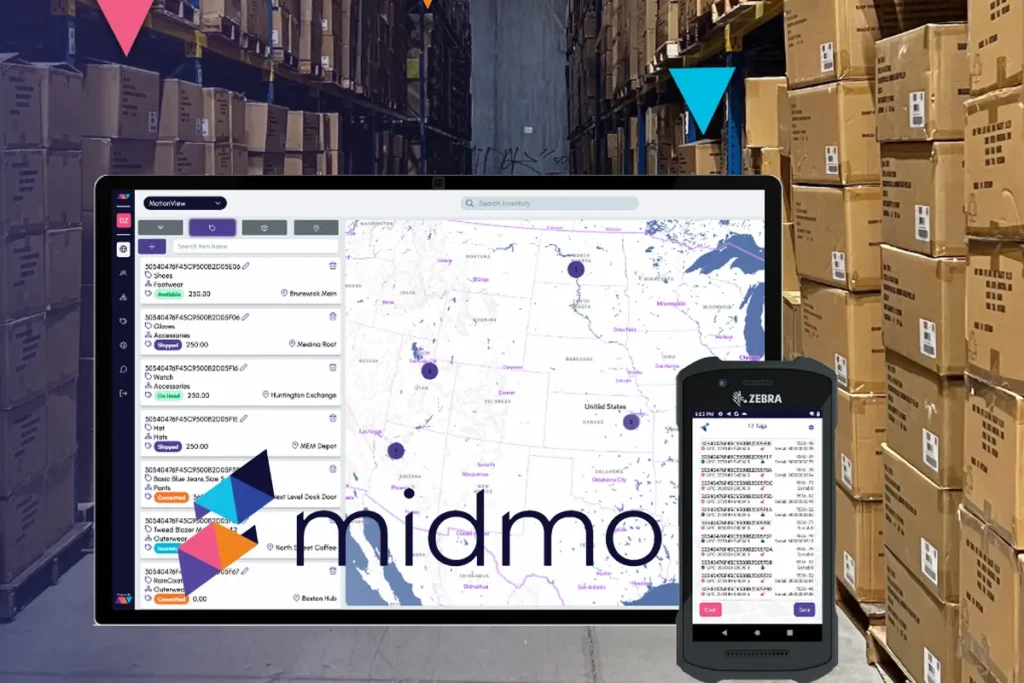Privacy has long been an industry argument from the driver seat when it comes to dashcams. California trucking fleets may soon face substantial hurdles in how they monitor driver activity if Assembly Bill 1331 becomes law. AB 1331 limits employer surveillance, explicitly requiring fleets and businesses to disable dashcams and other monitoring devices during employee off-duty periods, including mandatory rest breaks and meal periods, even when taken inside the vehicle. The bill defines these off-duty moments as private, meaning fleets would no longer have the choice, or even the option to obtain consent from drivers, to maintain surveillance during these times.
This legislation goes far beyond privacy protections typically seen in other states, many of which focus primarily on transparency and informed consent. States like New York, Connecticut and Delaware, for example, only mandate that employers inform employees about monitoring practices. By contrast, California’s AB 1331 completely prohibits surveillance in private off-duty areas such as breakrooms, cafeterias and lounges, as well as in a worker’s personal vehicle or residence, except under vague conditions deemed “strictly necessary.”
Trucking fleets, already burdened by regulatory compliance, could face difficulties under AB 1331. For instance, since rest breaks for non-exempt employees in California are paid, many drivers never formally clock out. Fleets often don’t know exactly when drivers choose to start or end their 10-minute breaks. Under AB 1331, this uncertainty becomes a major compliance challenge. Would fleets need to disable GPS tracking systems or dashcams each time a driver spontaneously pulls over for a break? The bill offers no clarity on these scenarios, potentially opening fleets to more driver legal battles, given the law’s $500-per-employee-per-violation penalty and the ability of drivers and state attorneys to sue employers directly.
AB 1331’s expansive reach could compromise legitimate safety and security efforts. Fleets rely heavily on dashcams, GPS tracking and biometric monitoring to safeguard drivers, cargo and the public, and to comply with federal safety standards mandated by the Federal Motor Carrier Safety Administration. Removing or disabling these devices during breaks, especially in vehicles still technically on duty, could undermine accident prevention, theft deterrence and internal investigations into misconduct, harassment or theft.
This issue isn’t limited to California. Illinois and Texas already have stringent biometric consent laws that have triggered significant litigation, particularly when companies failed to secure explicit consent from drivers for facial recognition technologies embedded in dashcams or telematics devices. Fleets operating nationally now must navigate an intricate patchwork of privacy rules that vary dramatically from state to state, from full-consent models in Illinois to California’s more restrictive prohibition-based approach.
Given the stakes, trucking employers must closely track AB 1331’s progress through the California legislature. To manage risk, fleets should immediately evaluate current surveillance practices, update privacy policies and engage proactively with industry advocacy groups to highlight the impracticality and risks of compliance under this sweeping new law.
California’s step in redefining workplace privacy could set a national precedent, dramatically reshaping the way trucking fleets handle driver monitoring, privacy and consent. As privacy concerns intensify nationwide, fleets have to find a way to balance privacy, risk and regulatory demands with operational practicality, because failing to do so could prove costly in more ways than one.













